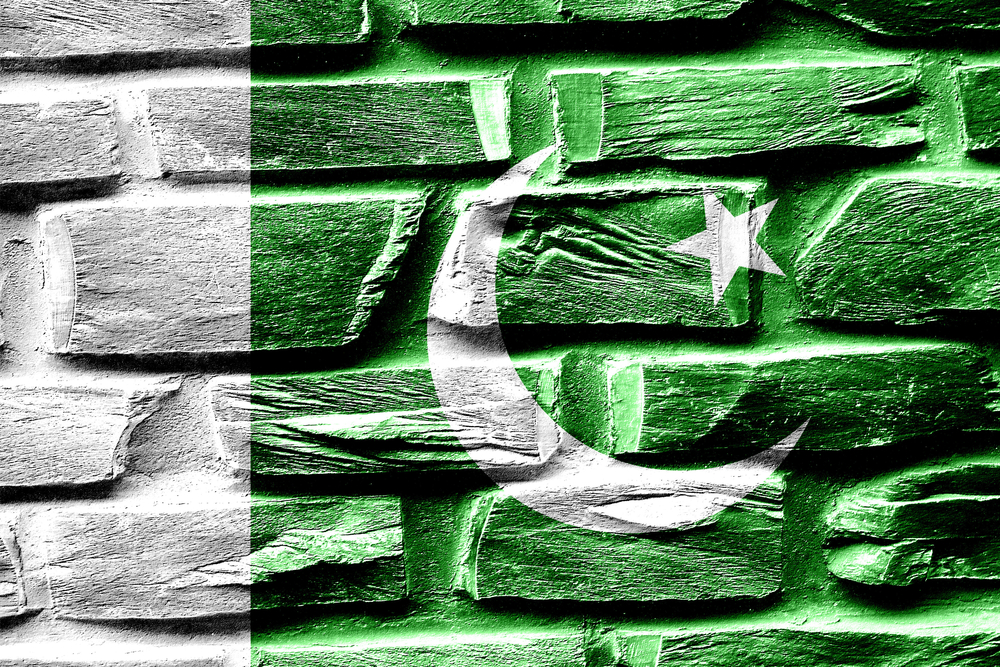Suppressing Middle and Working Class Pakistanis

Please note that we are not authorised to provide any investment advice. The content on this page is for information purposes only.
The public park targeted in the recent suicide bombing in Lahore was popular with families. It is one of the largest green spaces in the city; a place where middle- and working-class Pakistanis go to picnic, exercise and play with their children. The attack targeted Christians — a predominantly working-class community in Pakistan — who were celebrating Easter. Yet most of the 72 people killed were middle- and working-class Muslims.
The public park targeted in the recent suicide bombing in Lahore was popular with families. It is one of the largest green spaces in the city; a place where middle- and working-class Pakistanis go to picnic, exercise and play with their children. The attack targeted Christians — a predominantly working-class community in Pakistan — who were celebrating Easter. Yet most of the 72 people killed were middle- and working-class Muslims.
This suicide bombing is the latest in a series of attacks seeking to eliminate Pakistan’s religious minorities from the public realm. However, while these atrocities target members of religious minority groups, attacking them in public spaces means that the damage is borne by all members of Pakistan’s middle- and working-classes.
In Pakistan, there are few places where working- and middle-class families can spend time together, outside of their homes and places of worship. This is partly because many public places are not seen to be appropriate places for women.
For example, markets are often viewed as male-dominated spaces, where women should not loiter. And while shopping malls and coffee shops are considered by many to be appropriate places for women to meet, entertain their children, eat and shop, many working- and middle-class families are excluded, either because of the location or the prohibitive cost of the merchandise available there.
By contrast, public parks are places where families can socialise, exercise and take their families outside of the segregated religious spaces of mosques or churches. They are also some of the only locations in Pakistan where Sunni Muslim families share space with members of Pakistan’s minority communities — Shias, Christians and Ahmedis.
By targeting Gulshan-i-Iqbal park for the deadly attack, the Taliban splinter group Jamaat-ul-Ahrar are seeking to intimidate religious minorities into abandoning the public realm. Sadly, they are not the only ones seeking to silence Pakistan’s minority voices.
At the same time as the bomb detonated in the Lahore park, 10,000 people were invading Islamabad’s parliamentary area to protest against the execution of a self-confessed murderer: Mumtaz Qadri. Qadri was hanged in February for the assassination of former Punjab governor, Salman Tasser, who had been seeking to reform Pakistan’s blasphemy laws.
The blasphemy laws can lead to a death sentence for those accused of insulting Islam. Tasser had argued that the law was being used to victimise Pakistan’s Ahmedi and Christian communities. The issue of blasphemy is politically sensitive and attempts to amend the law have been virulently opposed by religious groups and conservative political parties.
The protesters gathered in Islamabad demanded the implementation of Sharia law across the country; the release of Sunni religious clerics charged with murder and terrorism; that Mumtaz Qadri is declared a martyr; and that members of the Ahmadi community and other religious minorities be removed from key government posts. The protest was called off Wednesday after the Interior Minister provided a verbal agreement not amend the blasphemy law nor to act leniently towards those convicted under it, to release all those arrested for protesting, and to review cases against clerics charged under the Anti-Terrorism Act.
The attack in Lahore and the protests in Islamabad reflect different political agendas. Yet both are aligned in that they seek to eradicate religious minorities from the public space: from parks and from leadership positions in government. These groups form an influential political power bloc, which each of Pakistan’s successive governments has had to contend with and appease.
Pakistan’s government and military — the de facto power holder — has each contributed to division and intolerance in the country by systematically removing forums for public debate on a range of issues: from the blasphemy law, to the insurgency in Baluchistan. Those in power have sought to silence any direct critique of the military establishment, intelligence agencies or their senior leadership.
Indeed, in April 2015, a public event titled ‘Unsilencing Balochistan’ at the Lahore University of Management Science was cancelled at the instruction of the government. The speakers sought to raise awareness of the enforced disappearance of an estimated 18,000 Balochis — people native to the Pakistani province of Balochistan — in the conflict between separatists and national security forces.
A local activist, Sabeen Mahmud, rescheduled the cancelled talk by hosting the event in the small community space she ran above a bookshop in Karachi. Mahmud was assassinated by unknown perpetrators as she left the event.
The taboos around these issues have resulted in a national media, which is reluctant to directly critique the government, the security forces or conservative religious parties. Journalists reporting on these issues have been found dead in suspicious circumstances. Many others have received threats, both veiled and direct. Instead, the op-eds of major English language newspapers in Pakistan critique these institutions with vague allusions to ‘the Establishment’ and ‘the Boys’.
Neither the upper classes who hold government and leadership roles, nor the generals nor brigadiers, who staff the army, spend their time in public parks. They have their own private gardens, air-conditioned homes and private security personnel. Meanwhile, the public spaces available to minority, working- and middle-class Pakistanis are getting smaller and smaller — and so are the forums to debate or critique the authorities’ failure to address these issues.
Lahore attack latest attempt to silence Pakistan’s minorities is republished with permission from East Asia Forum




